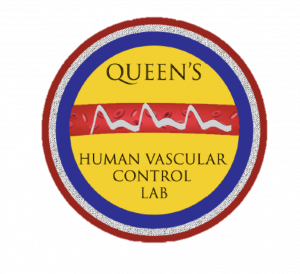- Home
- About
- Students
- People
- Research
- Research Centres and Labs
- Biomechanics and Neuromechanics Lab
- Cardiovascular Stress Response Lab
- Centre for Environmental Health Equity
- Community-Engaged Health Promotion Research
- Human Vascular Control Laboratory
- In Situ Population Health Research Lab
- King Research Group
- Lifestyle and Cardiometabolic Research Unit
- Muscle Physiology Lab and Nutrition and Metabolism Research Group
- Physical Activity Epidemiology Lab
- Revved Up Exercise Program and Research Group
- Sensorimotor Exploration Lab
- Sociocultural Studies of Sport Health & The Body
- Sport Psychology PLAYS Lab
- Research Studies Participants Opportunities
- Resources
- Human Research Ethics
- Research Centres and Labs
- Community
- News & Events
- Employment
- Contact Us

